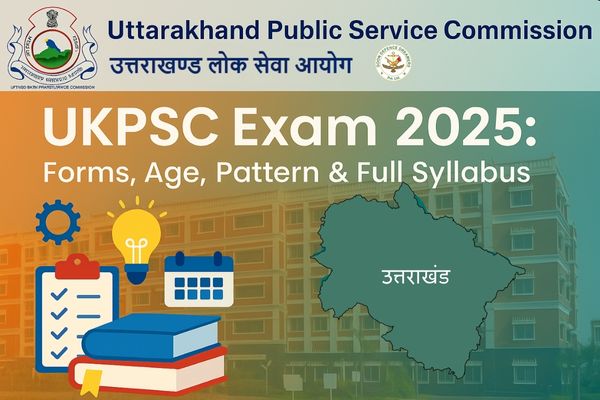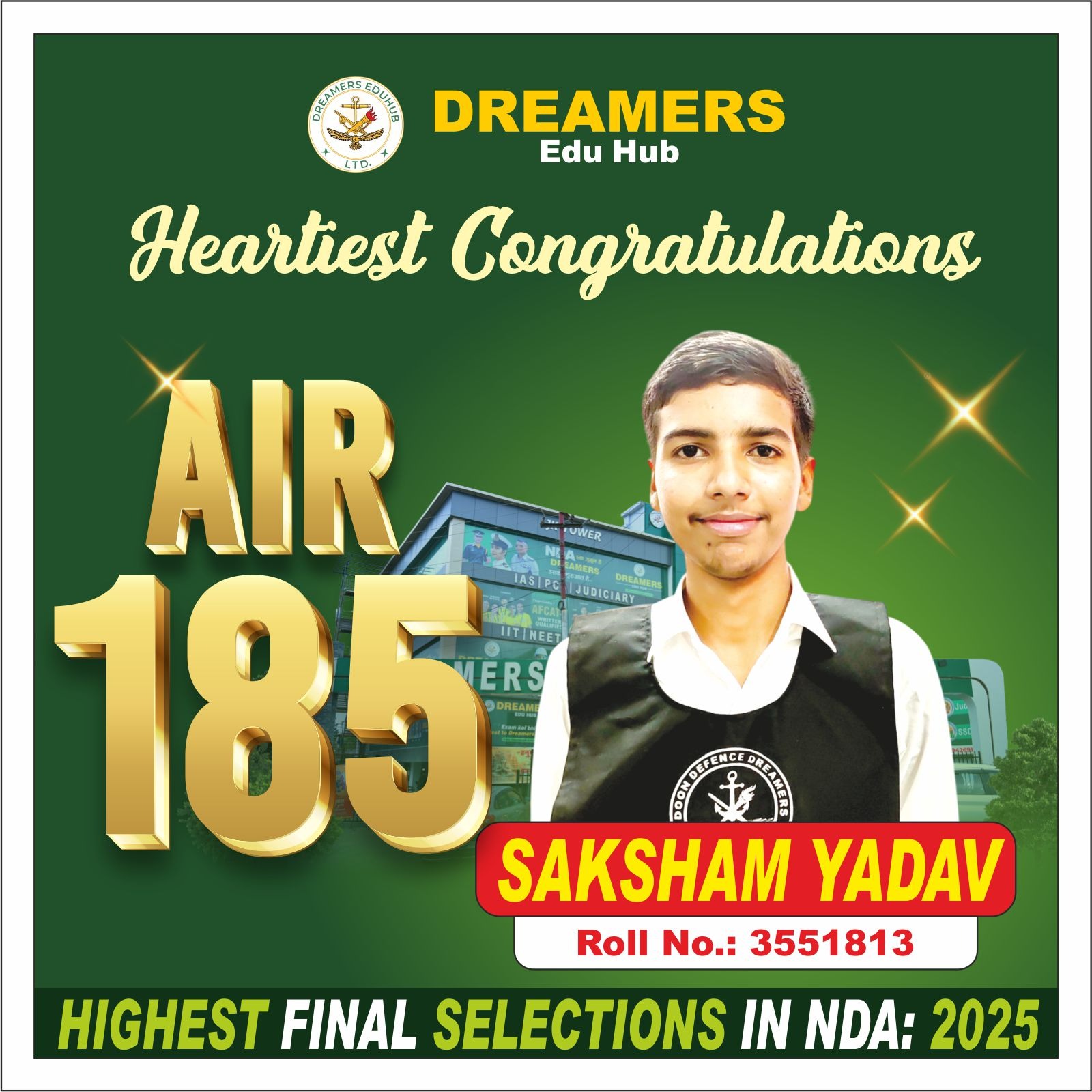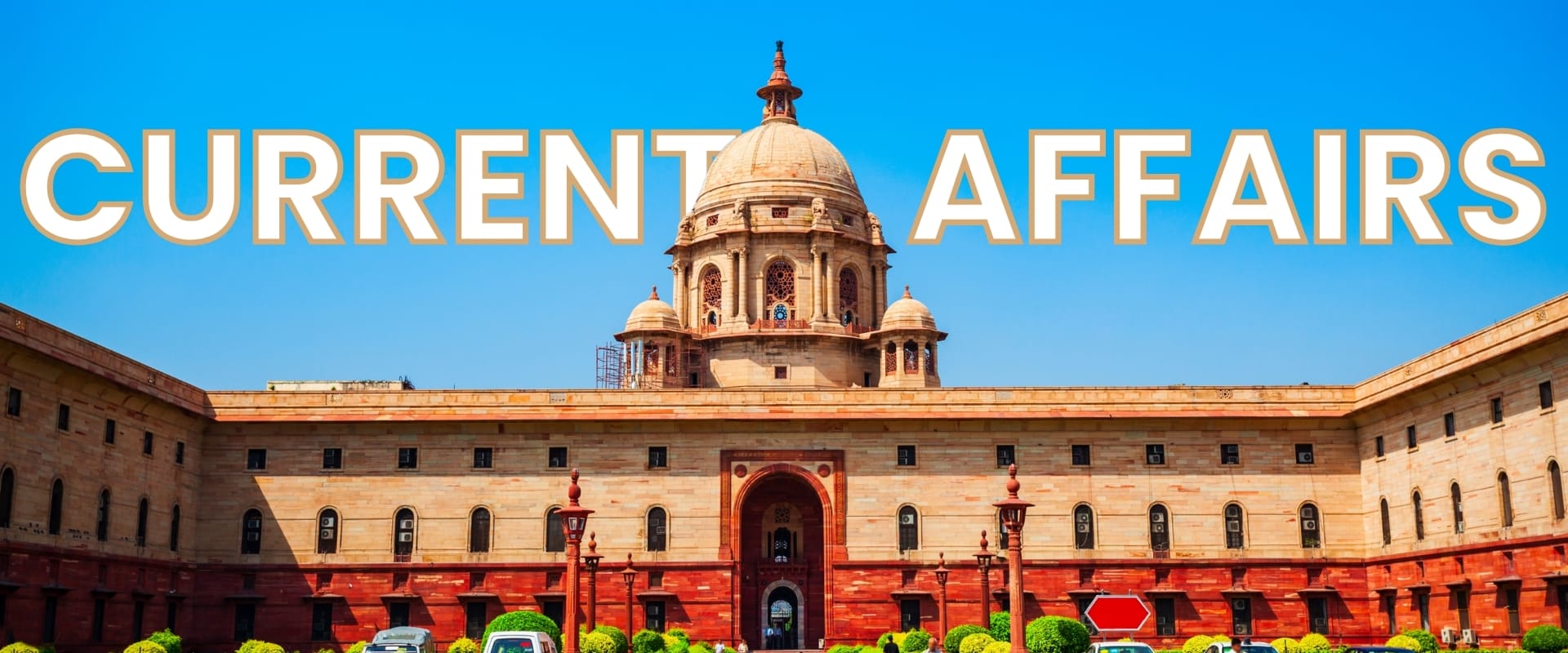If you want a one-stop plan for the UKPCS Exam journey, this guide keeps things simple: when forms usually appear, who can apply, how the exam is structured, and exactly what to study for each stage. I’ve also added practical question-wise distribution for Prelims so you can prioritize topics smartly for Uttarakhand PCS.
When do the forms usually come?
The notification for UKPCS Exam generally falls in the April–June window in most cycles. Treat early May as your “check for updates” period and keep your documents ready. Application windows are short, so prepare scans and certificates in advance. For Uttarakhand PCS, it’s smart to set a personal reminder in late April so you never miss the start of registrations.
Age limit and basic eligibility
Age limit: 21 to 42 years (with statutory relaxations for reserved categories as per government norms).
Education: A Bachelor’s degree from a recognized university. Some posts may require specific qualifications; read the post-wise details when the notice is out.
Other conditions: Usual rules on nationality, character, and medical fitness apply.
These are standard benchmarks for UKPCS Exam and they rarely change dramatically. If you are close to the age boundary for Uttarakhand PCS, plan your attempt count and timelines right now so you can maximize opportunities.
Stages at a glance
UKPCS Exam has three stages: Preliminary Examination (objective), Main Examination (descriptive), and Interview (personality test). The Prelims screens candidates, the Mains tests depth and writing, and the Interview checks suitability for public service in Uttarakhand PCS roles.
Overall UKPCS exam pattern
| Stage | Papers | Marks | Duration | What matters most |
|---|---|---|---|---|
| Prelims | GS (Paper-1) + Aptitude/CSAT (Paper-2) | 150 + 150 = 300 | 2 hrs each | GS counts for merit; CSAT is qualifying (33%) |
| Mains | 8 papers (Hindi, Essay, GS-I to GS-VI) | 1500 | 3 hrs each | Descriptive answers with structure and examples |
| Interview | Personality Test | 150 | ~ | Final merit = Mains + Interview |
Friendly tip: For UKPCS Exam, Prelims is about breadth + speed, Mains is about depth + clarity, and Uttarakhand PCS Interview rewards authenticity and state awareness.
Prelims pattern (with practical question distribution)
Paper-1: General Studies (GS)
Questions: 150
Marks: 150
Duration: 2 hours
Negative marking: ¼ for each wrong answer
Merit: Only this paper counts toward the Prelims merit list for UKPCS Exam.
Indicative distribution (adds up to 150 questions):
| GS Area | Typical No. of Questions | What that means for you |
|---|---|---|
| History & Culture (Ancient–Modern, National Movement) | 22 | Timeline notes + modern themes; add cultural keywords and personalities |
| Geography (India & World) | 18 | Maps, rivers, climate, resources; practice quick map-based elimination |
| Polity & Governance | 20 | Articles, institutions, federalism, local bodies; focus on basics + recent changes |
| Economy (Indian) | 18 | Budget basics, growth, inflation, inclusion, schemes; know definitions cold |
| Environment & Ecology | 12 | Biodiversity, conservation, climate basics; learn protected areas & terms |
| Science & Tech (Basics) | 18 | Everyday science; quick facts in physics/chem/bio + current tech awareness |
| Current Affairs (National/International) | 30 | Events, reports, rankings, schemes; make a weekly digest |
| Uttarakhand-Specific Topics | 12 | State history, culture, geography, economy, recent state initiatives |
Note: Commissions never promise an exact split; the table shows a sensible, balanced plan that matches what a well-designed 150-question GS paper for Uttarakhand PCS typically feels like.
Paper-2: General Aptitude (CSAT)
Questions: 100
Marks: 150
Duration: 2 hours
Qualifying: Minimum 33% required
Negative marking: ¼ for each wrong answer
Role: Qualifying only; UKPCS Exam merit in Prelims comes from GS.
Smart working split (adds up to 100 questions):
| CSAT Area | Typical No. of Questions | Practice focus |
|---|---|---|
| Reading Comprehension & English Usage | 30 | Short daily passages; accuracy over speed |
| Logical Reasoning & Analytical Ability | 25 | Series, syllogism, arrangements; draw neat diagrams fast |
| Quantitative Aptitude (Basics) | 25 | Percentages, ratio, averages, SI/CI, time–work, speed–distance |
| Data Interpretation | 10 | Tables & charts; learn quick approximations |
| Decision-Making/Situation sets | 10 | Practice ethical, practical choices under constraints |
Even though CSAT is qualifying in Uttarakhand PCS, don’t ignore it. A 20–30 minute daily routine prevents last-minute panic.
Prelims syllabus — topic-by-topic (easy words)
GS Paper-1 covers:
History & Culture: Ancient to modern India, art forms, literature, freedom struggle, social reformers.
Geography: Physical (landforms, climate, soils), human (population, migration), economic (agriculture, industries), maps.
Polity & Governance: Constitution basics, Parliament, State legislatures, judiciary, local governance, rights, key policies.
Economy: Growth, budgeting, planning, sectors, inclusion, poverty, inflation, basic banking/financial awareness.
Environment & Ecology: Biodiversity, ecosystems, pollution, climate change, conservation efforts, disaster basics.
Science & Tech: Everyday science, health, IT, space, biotech in simple terms.
Current Affairs: National, international, reports, indices, committees, sports and awards.
Uttarakhand-Specific: History, culture, festivals, art, geography, economy, and state development programs.
CSAT Paper-2 covers:
Comprehension & Communication: Reading passages, grammar, vocabulary, sentence improvement.
Reasoning: Verbal and non-verbal patterns, puzzles, coding–decoding, series, direction sense.
Quant: Arithmetic basics, number operations, percentages, averages, profit–loss, time–work, time–distance.
Data Interpretation: Charts, graphs, and table-based calculations.
Decision-Making: Practical, ethical choices with limited info—answer with balance and clarity.
Mains pattern (8 papers, 1500 marks)
| Paper | Subject | Marks | Time |
|---|---|---|---|
| I | General Hindi | 150 | 3 hrs |
| II | Essay | 150 | 3 hrs |
| III | GS-I | 200 | 3 hrs |
| IV | GS-II | 200 | 3 hrs |
| V | GS-III | 200 | 3 hrs |
| VI | GS-IV (Ethics) | 200 | 3 hrs |
| VII | GS-V (Uttarakhand) | 200 | 3 hrs |
| VIII | GS-VI (Uttarakhand) | 200 | 3 hrs |
Paper I (Hindi) often has a minimum qualifying threshold; take it seriously.
Final merit for UKPCS Exam = Mains (1500) + Interview (150).
Mains syllabus — paper-wise easy breakdown
Paper I: General Hindi
| Component | What to master |
|---|---|
| Grammar & Usage | Sandhi, samas, idioms, common errors |
| Writing Skills | Precis, translation (Hindi ↔ English), letter/report writing |
| Vocabulary | Synonyms/antonyms, one-word substitutions |
| Comprehension | Short passages with direct questions |
Paper II: Essay
| Section | Usual themes |
|---|---|
| Society & Social Issues | Inclusion, gender, health, education, youth |
| Polity & Economy | Governance, reforms, growth, employment, federalism |
| Environment & Technology | Climate, sustainability, science & innovation, ethics of tech |
For Uttarakhand PCS, pepper your essays with state-specific examples (tourism, disaster management, mountain agriculture, migration, hydropower).
Paper III: GS-I (Heritage, Culture, History & Geography)
| Unit | Key points |
|---|---|
| Indian Heritage & Culture | Art forms, architecture, literature, cultural institutions |
| Modern Indian History | From mid-18th century to independence; personalities & movements |
| World History (basics) | Revolutions, world wars, political ideologies |
| Indian & World Geography | Physical, resources, industrial locations; maps & diagrams |
| Society | Salient features, diversity, role of women & NGOs |
Paper IV: GS-II (Polity, Governance, Social Justice, IR)
| Unit | Key points |
|---|---|
| Constitution & Polity | Features, federalism, separation of powers, judiciary |
| Governance | Transparency, accountability, e-governance, civil services role |
| Social Justice | Welfare schemes, vulnerable sections, education & health |
| International Relations | India’s policies, bilateral/multilateral groupings |
Paper V: GS-III (Economy, Tech, Environment, Security, Disaster Mgmt)
| Unit | Key points |
|---|---|
| Indian Economy | Inclusive growth, budgeting, infrastructure, agriculture |
| Science & Technology | Space, IT, biotech; innovation and applications |
| Environment & Biodiversity | Conservation, climate action, sustainable development |
| Internal Security | Basics of security challenges, border management |
| Disaster Management | Risk reduction, preparedness, response, recovery |
Paper VI: GS-IV (Ethics, Integrity, Aptitude)
| Unit | Key points |
|---|---|
| Ethics & Human Interface | Values, consequences, moral thinkers |
| Attitude & Aptitude | Emotional intelligence, public service orientation |
| Probity in Governance | RTI, codes of conduct, citizen charters |
| Case Studies | Realistic, balanced, people-centric solutions |
Paper VII: GS-V (Uttarakhand Focus)
| Unit | Key points |
|---|---|
| State History & Culture | Formation story, movements, festivals, art forms |
| State Polity & Administration | Institutions, local bodies, delivery systems |
| State Economy & Planning | Sectors, budgeting, employment, regional issues |
| Social Issues | Migration, health, education, inclusion in hills |
Paper VIII: GS-VI (Uttarakhand Focus)
| Unit | Key points |
|---|---|
| Geography & Resources | Mountains, rivers, forests, minerals, land use |
| Environment & Disasters | Fragile ecology, hazards, mitigation strategies |
| Sectors & Opportunities | Tourism, hydropower, horticulture, MSMEs |
| Current State Issues | Policy reforms, sustainable development pathways |
Interview (Personality Test)
The interview for UKPCS Exam is about judgment, clarity, integrity, and awareness. Expect conversations on your form, work/education, and state-specific issues. Balanced opinions, precise facts, and a calm tone matter more than flashy jargon. For Uttarakhand PCS, prepare a crisp “Why public service in Uttarakhand?” answer with real experiences and local understanding.
Smart 90-day starter plan
Prelims-first approach: Split your weekday routine between GS and CSAT; weekends for full-length mocks. This rhythm suits UKPCS beginners and repeaters alike.
State notebook: Maintain a small, evolving notebook for Uttarakhand PCS facts—schemes, geography, and recent state developments.
Write early for Mains: Pick any GS topic and write a 200-word note daily. Clear intros and bullet-point bodies will carry you far in UKPCS Exam Mains.
CSAT mini-drill: 20–30 minutes daily keeps quant and comprehension sharp. This is the quiet eliminator in Uttarakhand PCS.
Revision loops: Every Sunday, revise the week’s notes, retake the hardest MCQs, and update your weak-topic list for UKPCS Exam.
Doon Defence Dreamers Registration (How to Apply)
Secure your seat with Doon Defence Dreamers—fast-track registration for NDA, CDS, AFCAT, Agniveer & SSB now live! Just share your basic details (name, mobile, email), select your course and mode (Dehradun classroom or online), and submit—done in under a minute. After registration, our mentors call you for a personalised study roadmap, demo class, fee/scholarship guidance, and hostel options. Limited batches, weekly mocks, fitness sessions, and interview grooming start from Day 1—apply now and turn your defence dream into a plan.
REGISTER NOW and secure your seat
Final word
Cracking UKPCS Exam is about consistency, not perfection. Keep your plan lean, your notes short, and your practice regular. If you steadily build fundamentals and add state-specific depth, Uttarakhand PCS becomes less intimidating and more about disciplined execution. Remember: active recall beats passive reading, timed drills beat casual browsing, and honest self-review turns weaknesses into marks. Stay patient, refine your approach every two weeks, and you’ll feel the shift both in confidence and in scores for UKPCS Exam.
Quick recap tables (one-look revision)
Prelims Overview
| Paper | Qs | Marks | Counts for Merit | Key Note |
|---|---|---|---|---|
| GS (Paper-1) | 150 | 150 | Yes | Balanced coverage; current affairs heavy |
| CSAT (Paper-2) | 100 | 150 | No (33% qualifying) | Keep daily practice to avoid surprises |
Mains Overview
| Paper | Subject | Marks | Tip |
|---|---|---|---|
| I | Hindi | 150 | Secure qualifying early |
| II | Essay | 150 | Use state-based examples |
| III–VI | GS-I to GS-IV | 800 | Structure answers, add flowcharts |
| VII–VIII | GS-V & GS-VI (State) | 400 | Own the Uttarakhand PCS angle |
| Interview | Personality | 150 | Be clear, honest, and calm |




























